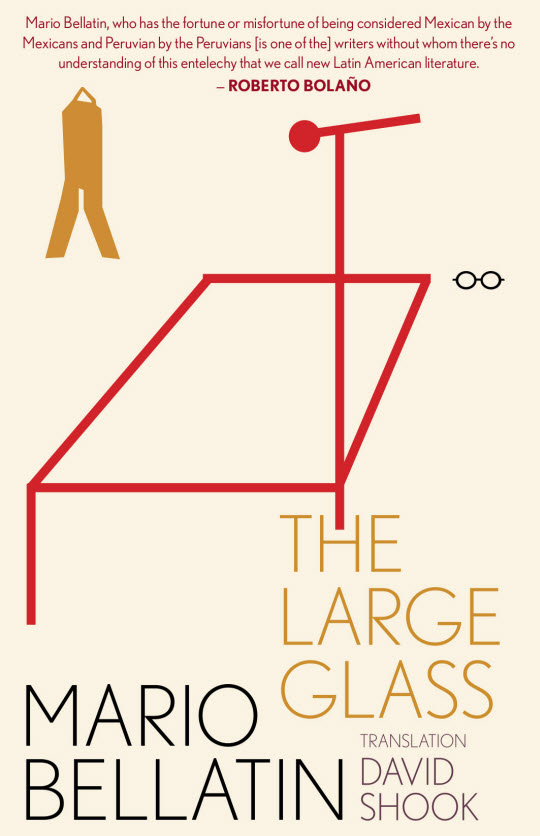Poetry Editor Aditi Machado read with fellow poet Kea Wilson at Washington University in St Louis on 26 January. Her recent translation of Farid Tali’s Prosopopoeia was reviewed in Europe Now by Asymptote‘s Editor-at-Large for Iran, Poupeh Missaghi.
Spanish Social Media Manager Arthur Dixon launched Latin American Literature Today, a new bilingual journal affiliated to World Literature Today. He serves as Managing Editor and principal translator.
Contributing Editor (Chinese) Francis Li Zhuoxiong’s recent memoir looking back on his 20 illustrious years as a Chinese lyricist was announced as a top ten finalist for the nonfiction category by the organizers of the Taipei International Book Exhibition.
Assistant Managing Editor Lori Feathers is opening Interabang Books in Dallas, Texas. The independent bookstore is expected to open in May. In addition to being a co-owner, Lori will be the store’s book buyer. For more information about the store visit interabangbooks.com.
India Editor-at-Large Poorna Swami spoke at a panel on South Asian books in translation at Jaipur Bookmark, part of the Jaipur Literature Festival. On another panel, she and Assistant Managing Editor Janani Ganesan presented on Asymptote‘s Indian Languages Special Feature. The Indian online news publication The Wire ran a selection of poems from this Feature in a week-long series titled The Republic of Verse.
Social Media Manager Sohini Basak has received the inaugural Beverly Series manuscript prize. Her debut poetry collection We Live in the Newness of Small Differences will be published by Eyewear Publishing in early 2018. She has also received a Toto Funds the Arts award for her poetry.
Chief Executive Assistant Theophilus Kwek‘s latest chapbook, The First Five Storms, which won the 2016 New Poets’ Prize, was released this month by smith | doorstop press. His also launched ‘Words of Welcome’, a new fortnightly series dedicated to spotlighting the literary voices of refugees in Oxford and writers who work directly with them.
*****
Read More Dispatches from the Asymptote Team:



